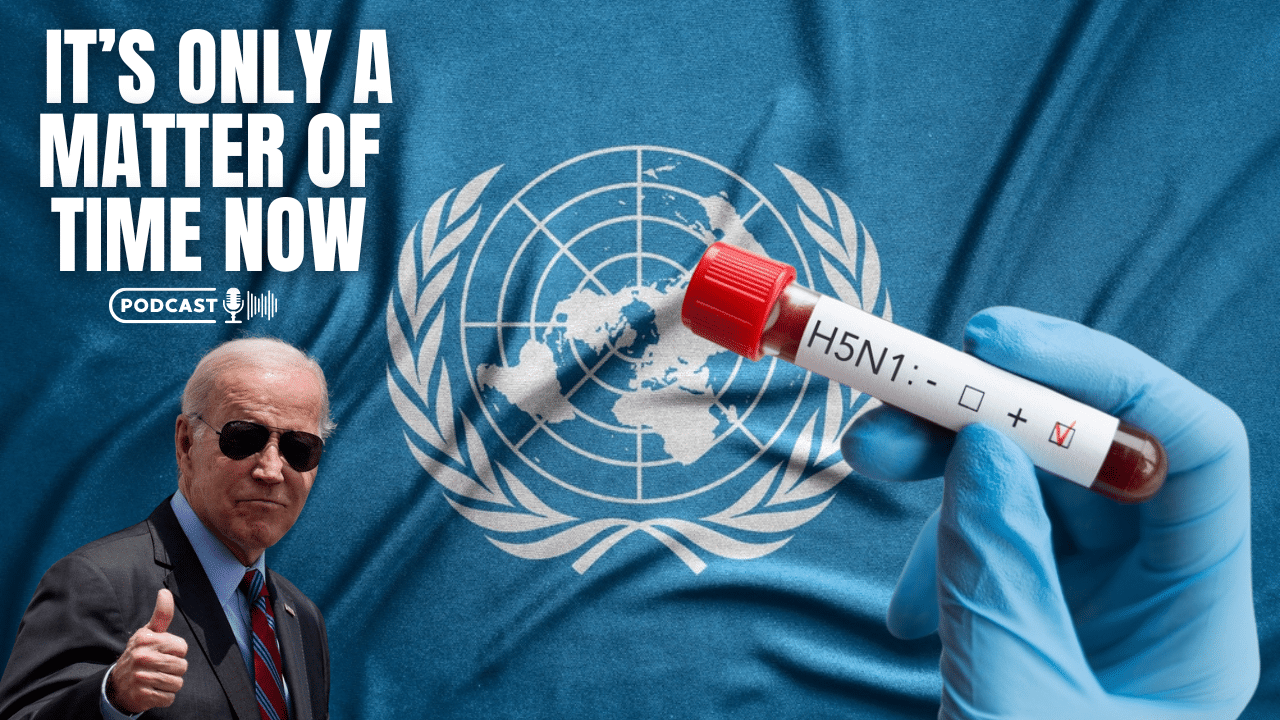The Food and Drug Administration is expected to authorize new Covid-19 booster shots this week without a staple of its normal decision-making process: data from a study showing whether the shots were safe and worked in humans.
The shots, modified to target the latest versions of the Omicron variant, won’t have finished testing in humans when the FDA makes its decisions. Instead, the agency plans to assess the shots using data from other sources such as research in mice, the profiles of the original vaccines, and the performance of earlier iterations of boosters targeting older forms of Omicron.
“Real world evidence from the current mRNA Covid-19 vaccines, which have been administered to millions of individuals, show us that the vaccines are safe,” FDA Commissioner Robert Califf said in a recent tweet. The FDA pointed to Dr. Califf’s tweets when asked for comment.
Clearance of the doses, without data from human testing known as clinical trials, is similar to the approach the FDA takes with flu shots, which are updated annually to keep up with mutating flu viruses.
The approach has raised concerns, however, among some vaccine experts who have urged the agency to wait.
“I’m uncomfortable that we would move forward—that we would give millions or tens of millions of doses to people—based on mouse data,” said Paul Offit, an FDA adviser and director of the Vaccine Education Center at Children’s Hospital of Philadelphia.
The comparison with flu vaccines isn’t sound, Dr. Offit said, because flu viruses mutate so rapidly that shots from one year don’t offer protection for the next, while currently available Covid-19 shots continue to keep people out of the hospital.
In addition to evaluating the boosters without clinical-trial data, the FDA won’t convene another element from its earlier Covid-19 vaccine reviews: a meeting of advisers who make recommendations on whether the agency should authorize a shot.
The FDA scrapped the meeting, Dr. Califf said in his tweets on the subject, because the committee discussed the matter in June, and the agency doesn’t have new questions warranting its input. The Covid-19 vaccines available in the U.S., which were first authorized for use in December 2020, haven’t been modified until now, though the virus they were designed to target has evolved.
The shots held up well against earlier strains, researchers found, but weren’t as effective against the newest Omicron subvariants like BA.5. In planning for a fall booster campaign, federal health authorities in late June directed Pfizer Inc. and its partner BioNTech SE, and Moderna Inc. to update their shots to target BA.5, an Omicron subvariant called BA.4 and the original strain of the virus. (WSJ)
















